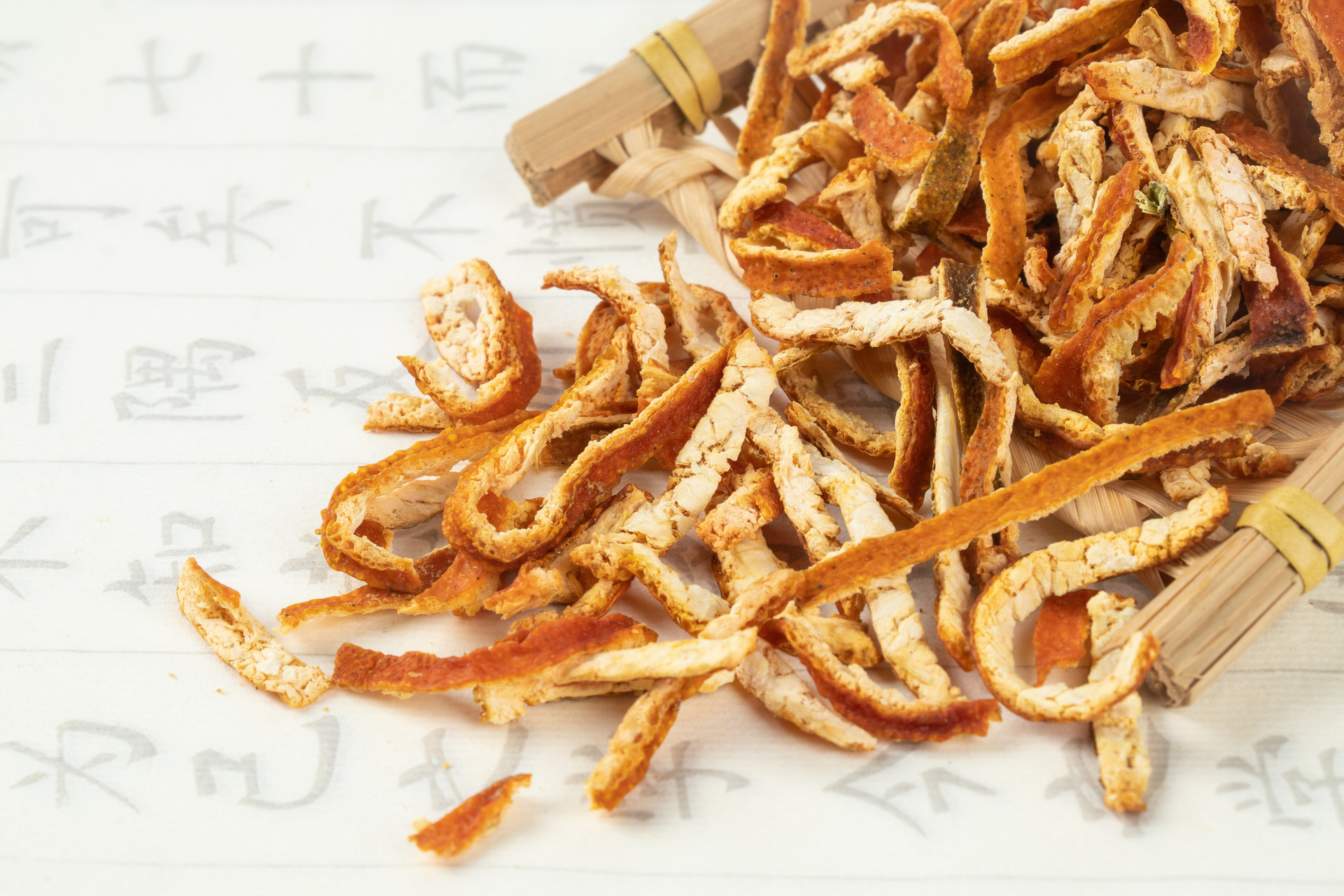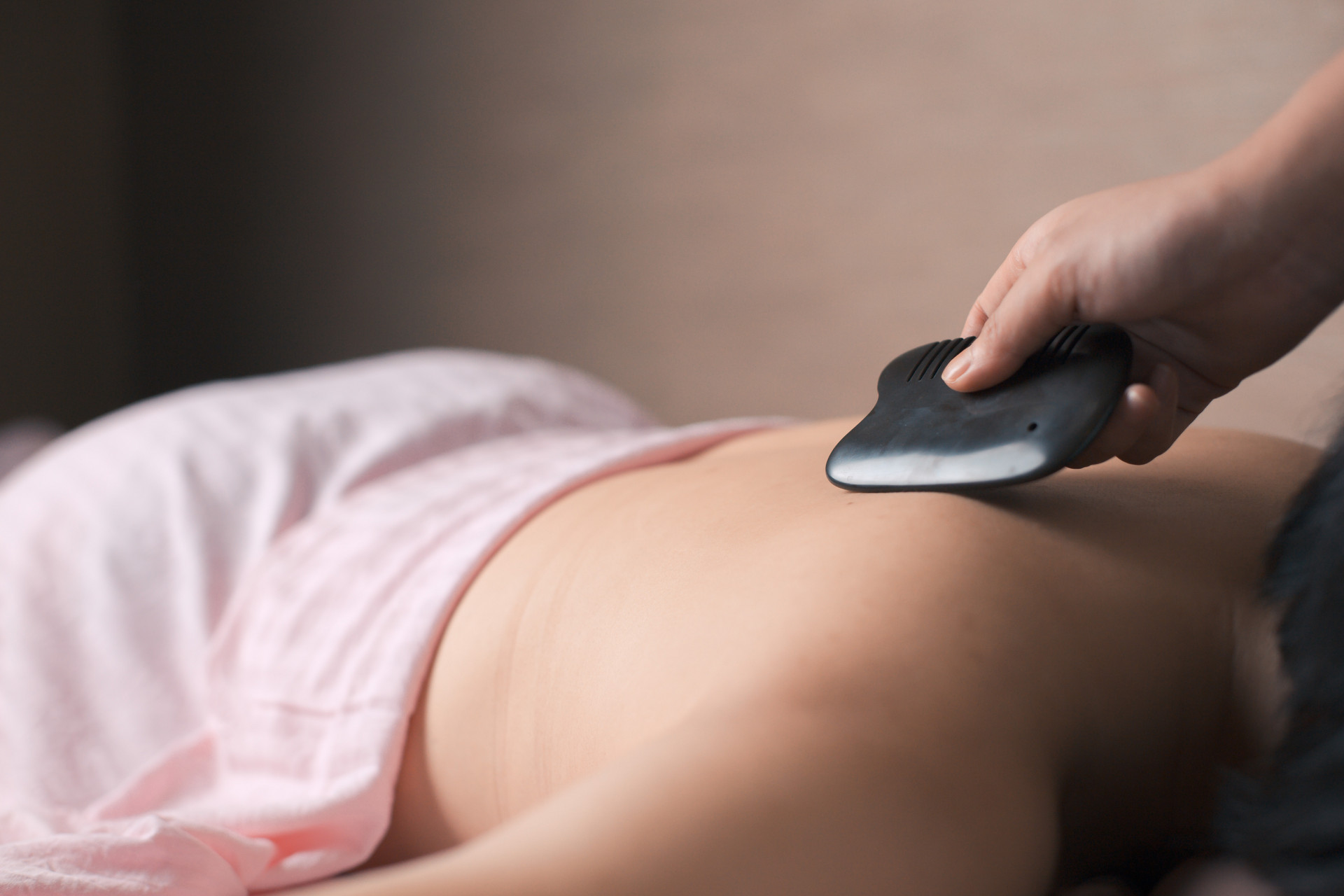Qingmuxiang

Qingmuxiang is the dried root of the Aristolochia debilis, a plant in the Aristolochiaceae family. Its root contains a slight toxin and is used in medicine for its effects of soothing the liver, r

Qingmuxiang is the dried root of Aristolochia contorta, a plant in the Aristolochiaceae family. Its root is slightly toxic, and it is used in traditional Chinese medicine to soothe the liver, rel
![[Understanding the Differences: Qingmuxiang and Muxiang in Chinese Medicine]](https://tcmmaintenance.com/uploads/20240715/56bcafbbf7615b9422325e0f401e4ef7.jpg)
Qingmuxiang and Muxiang may look very similar in name, but they are actually two different types of Chinese medicine. Muxiang has great benefits for the human body, but Qingmuxiang has significant

Chinese herbal medicine Qingmuxiang, also known as Acorus tatarinowii, is the root of Acorus calamus and Acorus gramineus. Qingmuxiang has the functions of promoting qi circulation, relieving pain,

The traditional Chinese medicine Qingmuxiang is the clinical name for the roots of the plants Aristolochia debilis and Aristolochia moupinensis, which belong to the family Aristolochiaceae. Qingmuxia

Chinese herbal medicine Qingmuxiang, also known as Akebia, is the root of the plants Akebia and Akebia trifoliata. Qingmuxiang has the effects of promoting Qi circulation, relieving pain, detoxifyin

Chinese herbal medicine Qingmuxiang has the effects of promoting qi circulation, alleviating pain, detoxifying, reducing swelling, and lowering liver pressure. Qingmuxiang should be planted in moist

The Chinese herb Qingmuxiang is slightly toxic and is the root of the Arisaema erubescens and Arisaema consanguineum plants in the Araceae family. Qingmuxiang has the functions of promoting qi circu

In ancient times, Qingmuxiang was the alias for Muxiang, referring to high-quality Muxiang. However, because the medicinal use of Qingmuxiang may cause adverse reactions such as kidney damage, it ha

Qingmuxiang is the dried root of the plant Aristolochia debilis. It is commonly found in Jiangsu, Anhui, Zhejiang, and other areas, and is used for dizziness, headaches, and abdominal pain. With so